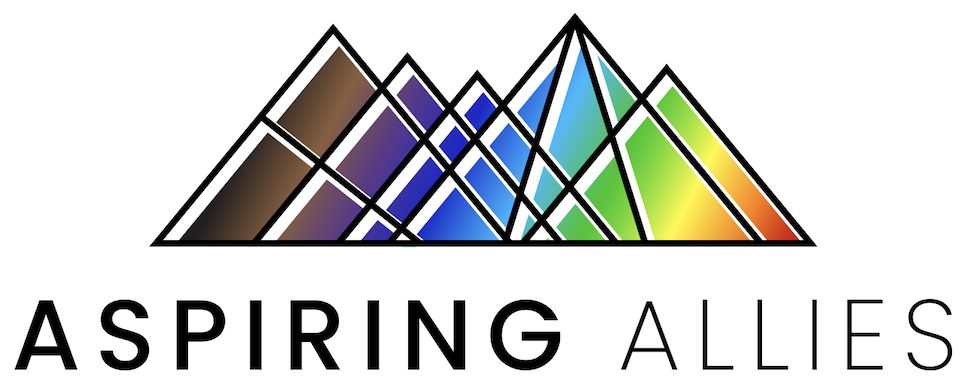As I wrote about in another post, I facilitate a lot of workshops on inclusive language. One of the most important points I try to make in these workshops is that language is constantly changing and therefore, we need to keep up as best we can. All language changes quickly: think slang or pop culture references. Words like groovy, or the phrase “who let the dogs out,” may get you stares from Generation Z or from kids, but millennials and older generations will understand them. Whereas, “lit” and “finstagram” fit in with Generation Z vernacular. And by next year, there will be a slew of new words to learn and understand…and we will do it because we will have repeated exposure and/or we will Google them. Similar to how language rapidly changes in our culture, language in social justice movements or in marginalized communities shifts quickly. Importantly to note also is that this does not mean that those within groups always agree about language shifts. Often, with internal disagreements occur.
For example, language in the LGBTQ+ communities changes at a rapid pace. I attribute this quick pace of evolution to virtual communities and their related discourse. On Tumblr, a social media site for (mostly) blogging, we see words and concepts being defined and redefined by members of the queer community. While this language is changing rapidly now, for many years it was rather stagnant. For about 100 years, we used the word “homosexual” to denote a gay or lesbian person. Now, since the 1960s and 1970s, we have had a proliferation of more accurate and precise language to describe sexual orientations. Additionally, the word homosexual was also used for many years to denote any person who we would consider LGBTQ+. Then in the early 1900s, there was a delineation between sex/gender and sexual orientation, which led to more precise words being created…many of which are now considered out of date or insensitive (e.g., transsexual, transvestite).
When language changes so rapidly, I can attest that it can be difficult to keep up. I work in diversity, equity, and inclusion every day of my life and I still attempt to do my best as language evolves. Therefore, I empathize with aspiring allies who want to do better but seemingly cannot keep up (also, one of the reasons we launched this website). However frustrating it can be to learn new language, remember we learn (and relearn) how to use technology all the time. My iPhone, Apple Watch, iPad, and MacBook (akin to an Android or PC) always have updates and at least once a year, I’m relearning where some feature that I utilize everyday has been relocated after a major update. It takes a few times to retrain my brain and then, I remember that feature is now in this menu and not the old menu. The same thing is true for language. Once we learn and we (maybe) practice or use a new term, it gets easier. The important part is continuing to use new language so that we don’t forget it. An example of this is they/them pronouns for just one person. It takes a few times practicing, but it gets easier as time goes on and you use them more.
I want to make one final point about language evolution. We should never ascribe language to others, especially in the LGBTQ+ and disability communities. I would never talk with someone and say, “oh yes, they’re definitely pansexual.” Rather, I let them identify themself. And if someone tells me that they are pansexual (or another identity) then I utilize that in the future, if necessary. Also, if someone tells you that they identify as <insert identity> and you are unsure what that word means and it is necessary for the conversation, you can always ask, “how do you define <word> for yourself?” Otherwise, just Google it later. Google is the absolute best dictionary in the world because it is always open, up to date, and free.
